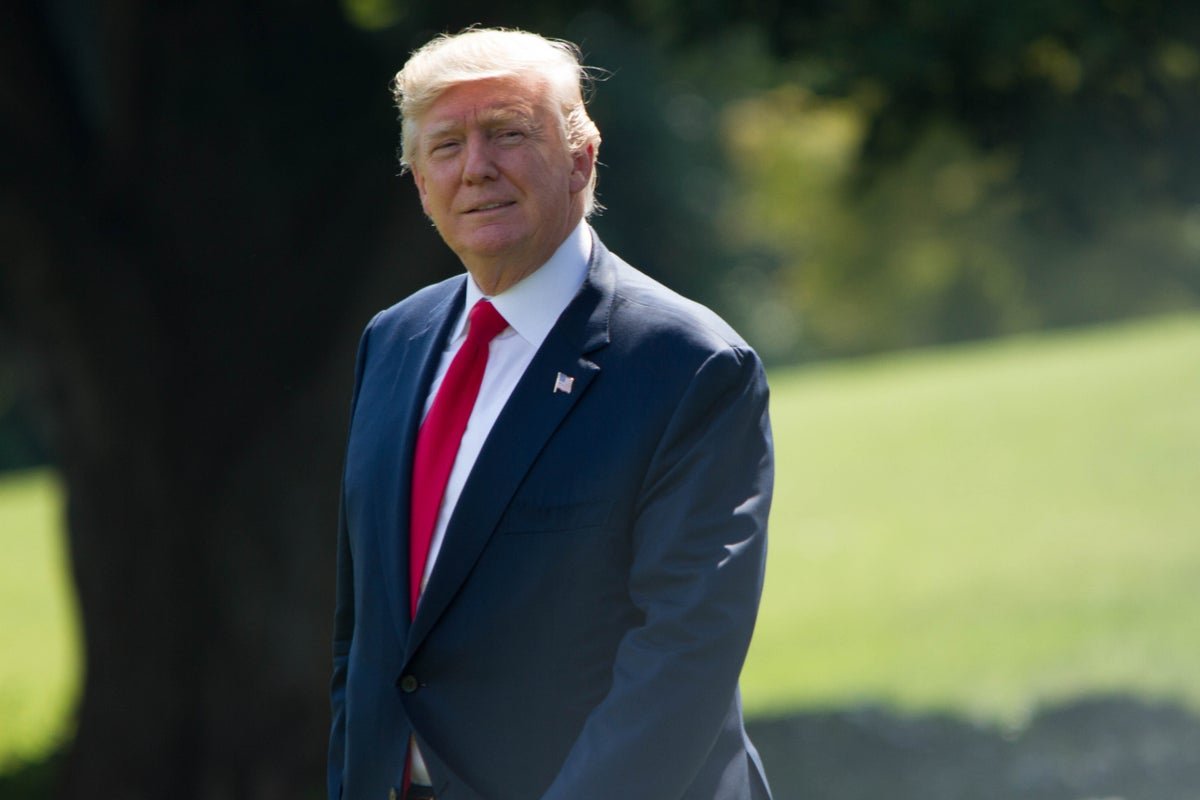Florida Governor Ron DeSantis has recently speculated that former President Donald Trump may contest the results of the upcoming Republican primaries in Iowa and New Hampshire if he loses both. DeSantis made these remarks while addressing the media in New Hampshire, suggesting that Trump would likely challenge the fairness of the primaries if he faced defeat.
DeSantis stated that Trump has never accepted defeat in any competition he has been a part of. He added, “I don’t think there’s been a single time he’s ever been in competition for something, where he didn’t get it, where he has accepted it.” These comments highlight DeSantis’ belief that Trump would not gracefully accept a loss in the primaries.
In response to DeSantis’ assertions, Trump’s spokesperson, Steven Cheung, criticized the Florida governor for echoing what he suggested were Democratic viewpoints. Cheung stated, “When Ron’s political career is finished in a few weeks, he can start moonlighting as a Democrat surrogate because he’s showing everyone his true colors.”
Despite DeSantis’ efforts to gain support in Iowa, Trump currently maintains a significant lead. According to FiveThirtyEight’s data, Trump has nearly 48% support compared to DeSantis’ 19%. This indicates that Trump remains a strong contender in the Republican primaries.
The speculation surrounding Trump’s potential challenge of the primary results reflects the ongoing influence and impact he holds within the Republican party. Trump’s refusal to accept defeat and his continued popularity among Republican voters could potentially disrupt the party’s nomination process.
As the primaries draw closer, the race between DeSantis and Trump will likely intensify. Both candidates will need to rally support and secure endorsements to bolster their chances of winning the primaries. The outcome of these primaries will significantly shape the future of the Republican party and its approach to the 2024 presidential election.
It is important to note that this article was partially produced with the help of AI tools and was reviewed and published by Benzinga editors.





